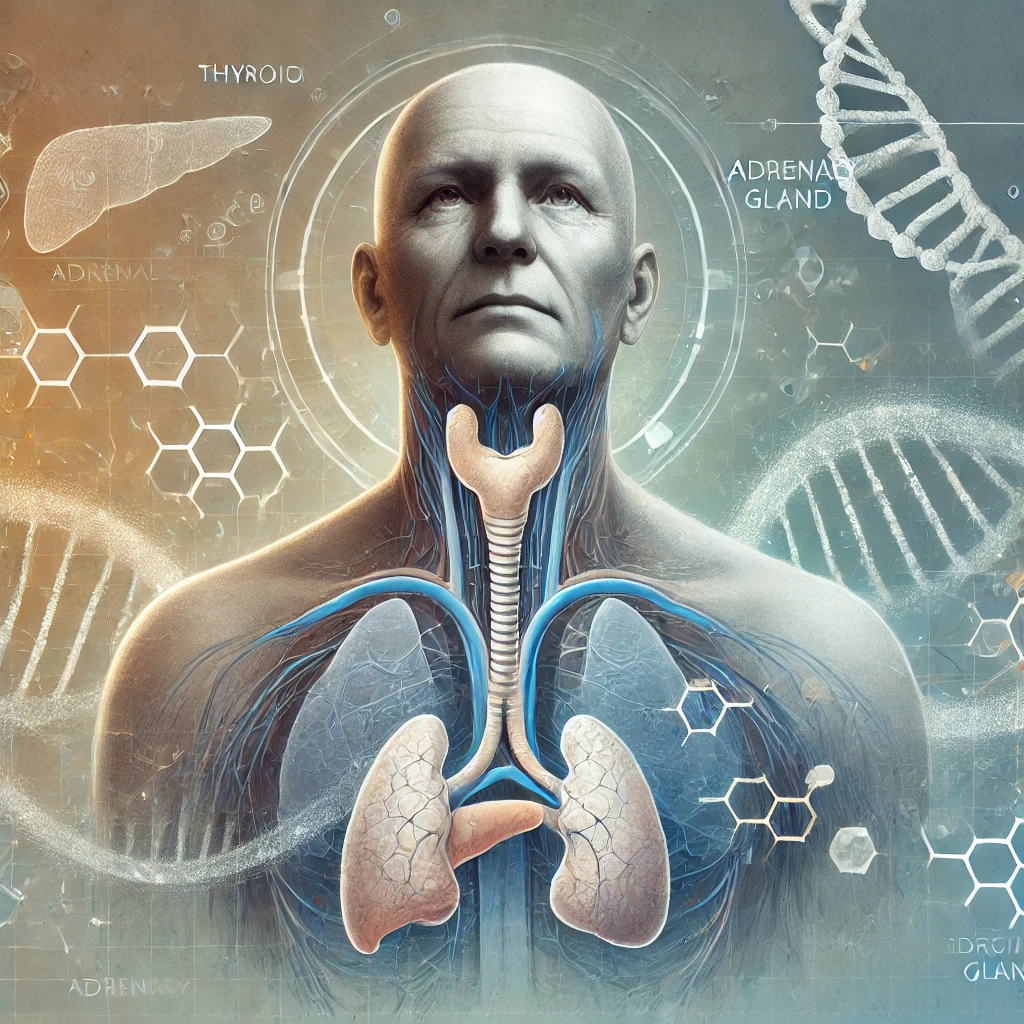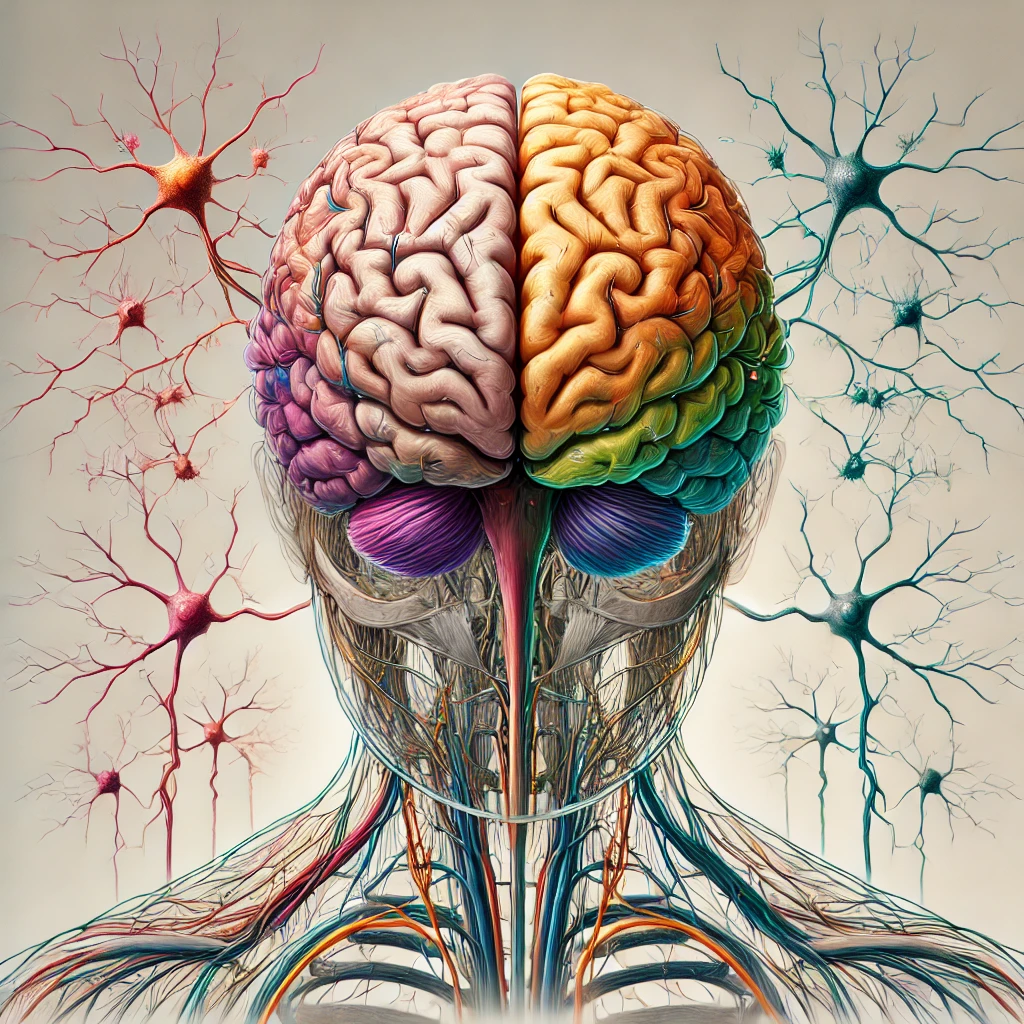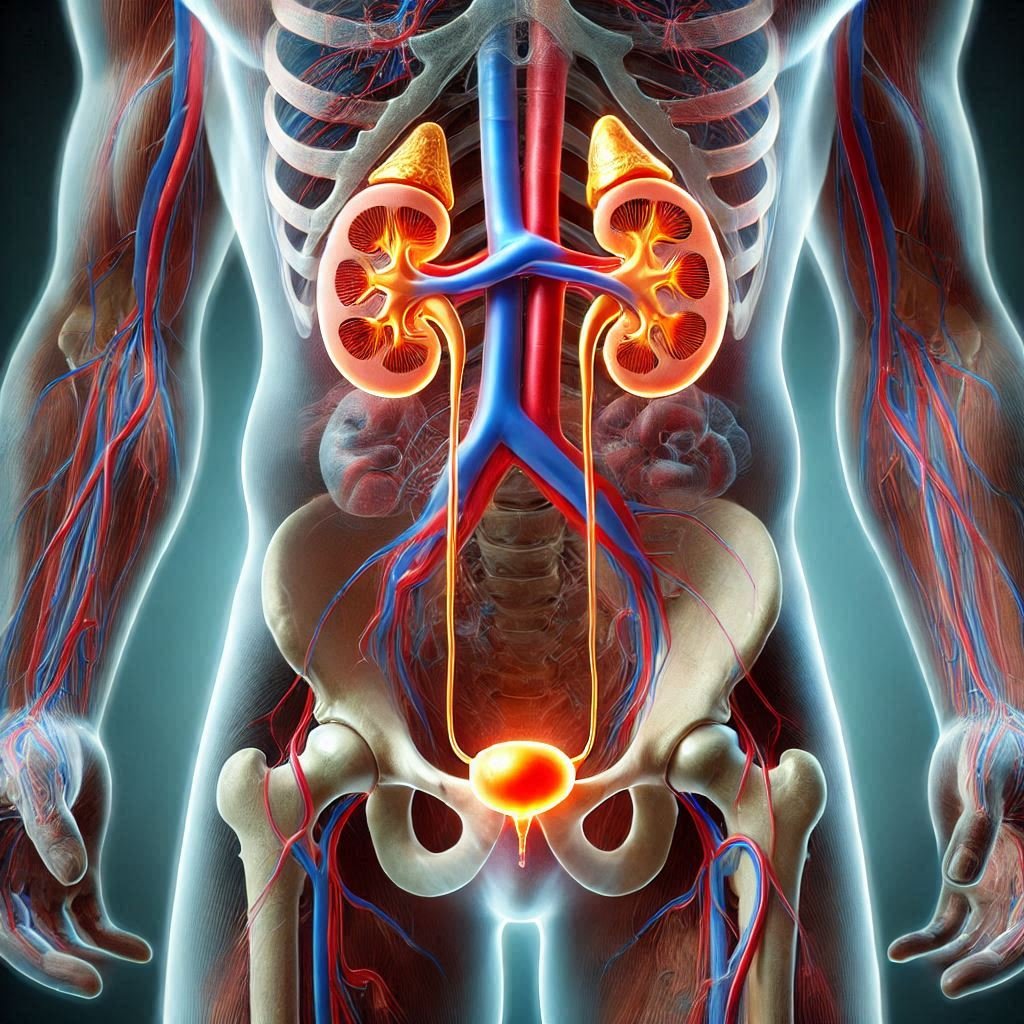Ageing Changes of the Endocrine System The effects of ageing on specific glands within the complex endocrine system are challenging to determine beyond atrophy and decreased secretion. The clinical implications of these changes remain uncertain. Notably, hormonal action appears to be the most notable change associated with ageing. These changes in function are particularly evident in glucose maintenance, reproductive functioning, and calcium metabolism, while the impact on adrenal and thyroid function is less clear. The ageing process has a significant impact on the endocrine system, specifically on the function of various glands. These changes are characterized by atrophy and decreased secretion, which can have clinical implications. Hormonal action is particularly affected by ageing, with notable changes observed in glucose maintenance, reproductive functioning, and calcium metabolism. However, the impact on adrenal and thyroid function is still not clearly understood.
What Is the Endocrine System?
The endocrine system comprises glands that secrete hormones directly into the bloodstream. These hormones regulate vital functions such as metabolism, growth, reproduction, and calcium metabolism. Major glands of the endocrine system include:
- Hypothalamus
- Pituitary gland
- Thyroid gland
- Adrenal glands
- Pancreas
- Gonads (ovaries and testes)
- Parathyroid glands
As we age, these glands experience physiological changes that affect their functionality.
Changes in the Endocrine System Due to Aging
1. Atrophy of Endocrine Glands
One of the primary changes in the endocrine system is glandular atrophy. With age, certain glands reduce in size and cellular function. For instance, the thymus gland, which plays a role in immunity, significantly shrinks after puberty and becomes largely inactive in adulthood.
2. Decreased Hormonal Secretion
Hormone levels often decline with age, affecting bodily functions. However, not all hormones decrease uniformly. Some, like cortisol, remain relatively stable, while others, like growth hormone and sex hormones, show marked reductions.
3. Impact on Glucose Metabolism
Aging affects the pancreas, leading to decreased insulin production or efficiency. This can result in glucose intolerance or an increased risk of type 2 diabetes.
- Insulin Resistance: Cells become less responsive to insulin, leading to higher blood sugar levels.
- Reduced Beta Cell Function: The pancreas struggles to meet the body’s insulin demands.
4. Reproductive System and Aging
Reproductive hormones, such as estrogen, progesterone, and testosterone, decline with age.
- In Women: Menopause typically occurs in the late 40s or early 50s, marking a significant drop in estrogen and progesterone levels. Symptoms may include hot flashes, mood swings, and decreased bone density.
- In Men: Testosterone levels decline gradually, leading to conditions like andropause. Symptoms include reduced libido, fatigue, and loss of muscle mass.
5. Changes in Calcium Metabolism
The endocrine system plays a vital role in calcium homeostasis, primarily through the parathyroid glands. Aging can lead to:
- Hyperparathyroidism: Overactive parathyroid glands, resulting in elevated calcium levels and a higher risk of osteoporosis.
- Vitamin D Deficiency: Reduced skin synthesis of vitamin D affects calcium absorption, weakening bones.
6. Thyroid Function in Aging
Thyroid hormones regulate metabolism, but their function tends to remain relatively stable with age. However, older adults may develop:
- Hypothyroidism: A common condition where the thyroid produces insufficient hormones, leading to fatigue, weight gain, and cold intolerance.
- Subclinical Hypothyroidism: A mild, asymptomatic form that often goes undiagnosed.
7. Adrenal Gland Function
The adrenal glands produce hormones like cortisol and aldosterone. Aging can result in:
- Cortisol Stability: Cortisol levels often remain steady, but the stress response may weaken with age.
- Reduced Aldosterone Production: This may lead to electrolyte imbalances and low blood pressure.
Exploring the Impact of Ageing on Our Endocrine Glands
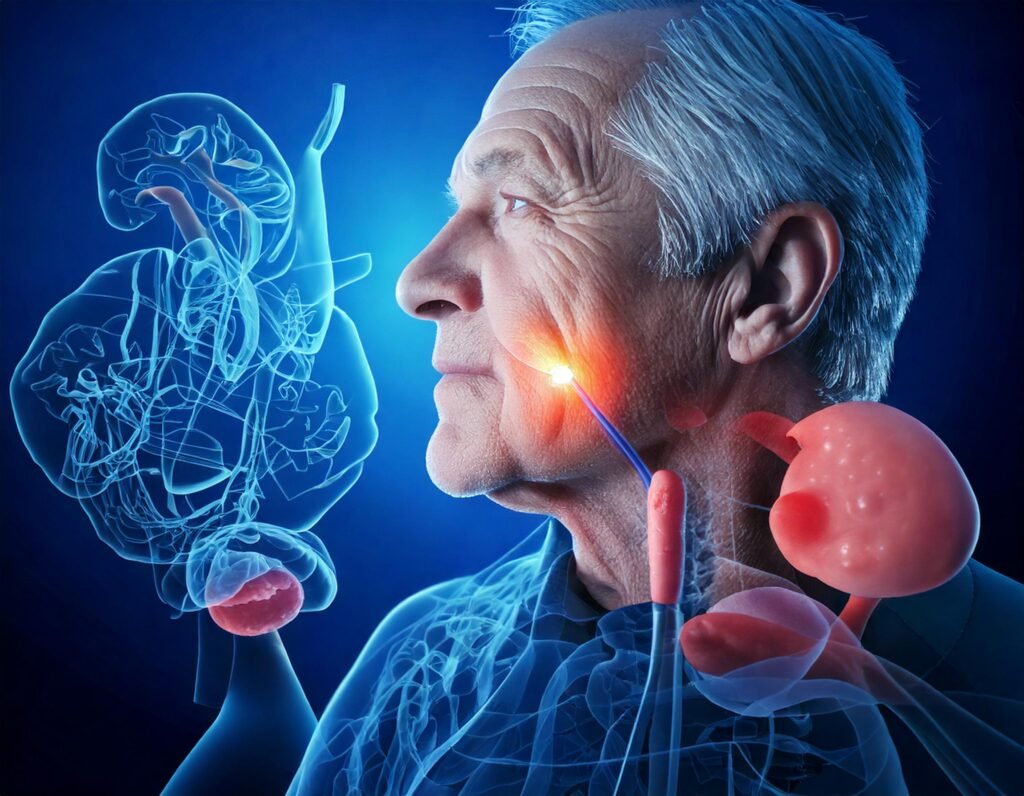
As we age, the endocrine system undergoes changes that impact our health and vitality. Understanding key gland functions helps us stay proactive:
- Pancreas: Reduced insulin production can affect blood sugar control. Managing carbohydrate intake is essential.
- Ovaries/Testes: Declining reproductive hormones influence mood, stamina, and bone health.
- Thyroid: Aging may disrupt thyroid function, impacting metabolism and weight. Regular monitoring is crucial.
By staying informed and proactive, we can navigate the complexities of aging and maintain overall
Clinical Implications of Endocrine Changes
The effects of endocrine aging are complex and vary from person to person. Common implications include:
- Increased risk of osteoporosis due to hormonal imbalances.
- A higher likelihood of developing metabolic disorders, such as diabetes.
- Reduced stress tolerance and immune response.
- Reduced stress tolerance and immune response.
- Changes in sleep patterns linked to altered melatonin levels.
Tips to Maintain a Healthy Endocrine System as You Age
While aging is inevitable, adopting certain lifestyle changes can support endocrine health:
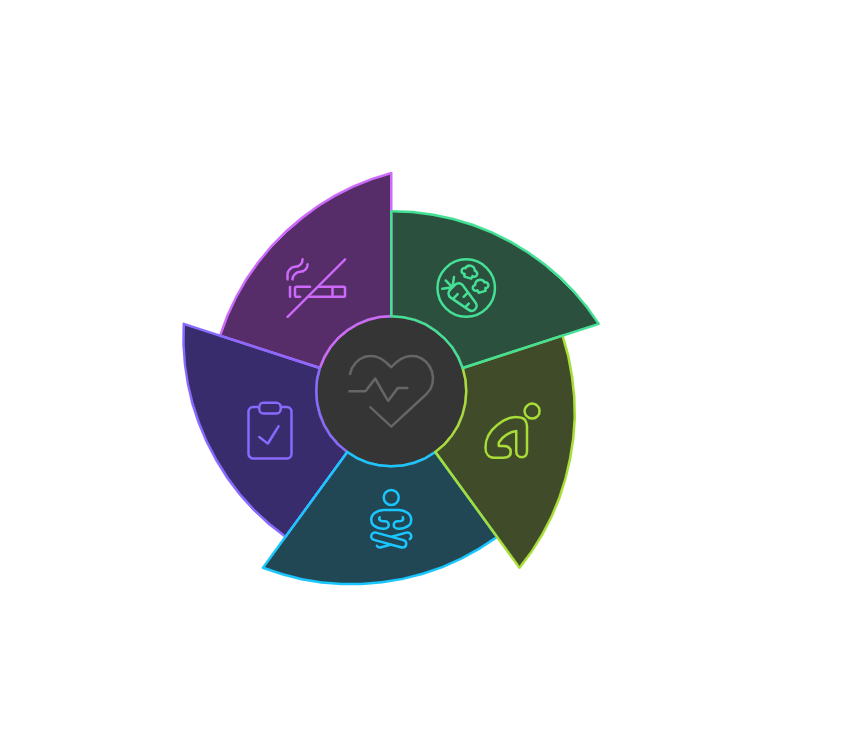
- Balanced Diet: Include foods rich in calcium, vitamin D, and antioxidants to support hormone production and bone health.
- Regular Exercise: Physical activity helps regulate blood sugar levels and maintain a healthy weight.
- Stress Management: Practices like yoga, meditation, and adequate sleep promote hormonal balance.
- Routine Screenings: Regular check-ups can detect endocrine disorders early.
- Limit Alcohol and Smoking: Both can disrupt hormone production and accelerate aging.
Ageing changes in the endocrine system include glandular atrophy, decreased hormone secretion, and functional changes in glucose metabolism, reproductive health, and calcium balance. These changes can affect overall health and increase the risk of certain disorders like diabetes and osteoporosis.
Ageing affects glucose metabolism by reducing insulin production or efficiency, leading to insulin resistance and a higher risk of developing type 2 diabetes. Pancreatic beta cells may also become less effective over time.
Reproductive hormones like estrogen, progesterone, and testosterone decline with age. Women experience menopause, while men may experience reduced testosterone levels, commonly referred to as andropause.
Thyroid function remains relatively stable with age, but older adults are more prone to conditions like hypothyroidism and subclinical hypothyroidism, which can cause fatigue, weight gain, and other symptoms
To maintain a healthy endocrine system as you age, focus on a balanced diet, regular exercise, stress management, routine health screenings, and avoiding excessive alcohol or smoking. These habits can support hormonal balance and overall health.
Visit the official World Health Organization (WHO) website to explore in-depth information on ageing and its impact on health. This resource provides valuable insights into the physiological, societal, and healthcare challenges faced by ageing populations worldwide. Discover actionable strategies to promote healthy ageing and enhance quality of life.

